Scientists Stunned by Discovery of Independent Mushroom Evolution
LONDON - In a groundbreaking study published this week, researchers have found that multiple species of mushrooms have independently evolved the ability to produce psilocybin, a psychoactive substance with significant medical potential. The discovery has sparked widespread interest in the scientific community and raises questions about the role of these fungi in nature.
According to Dr. Maria Rodriguez, lead author of the study, "We were amazed to find that different species of mushrooms had converged on the same chemical pathway to produce psilocybin." This phenomenon is known as convergent evolution, where unrelated organisms develop similar traits in response to environmental pressures.
The study, conducted by an international team of researchers from universities in the United States, Canada, and Australia, analyzed DNA samples from over 100 species of mushrooms. The results showed that at least five distinct lineages had independently evolved the ability to produce psilocybin, which is converted into its active form, psilocin, when ingested.
Psilocybin has been used in traditional ceremonies for thousands of years and was popularized in the 1960s as a recreational substance. However, it was classified as a Schedule 1 drug in the US in 1970 and as a Class A drug in the UK in 1971, effectively halting research into its medical potential.
In recent years, however, clinical trials have shown that psilocybin can be effective in reducing depression severity, suicidal thoughts, and chronic anxiety. This has led to renewed interest in understanding how psilocybin is produced in nature and how it can be used as a treatment for various mental health conditions.
Dr. Rodriguez notes, "This study highlights the importance of preserving biodiversity and the potential benefits that can arise from studying these unique organisms." The researchers hope that their findings will contribute to the development of new treatments for mental health disorders and inspire further research into the medicinal properties of psilocybin-producing mushrooms.
As the scientific community continues to explore the medical potential of psilocybin, experts caution against over-enthusiasm. Dr. John Taylor, a psychologist at the University of Oxford, warns that "while psilocybin shows promise as a treatment for certain mental health conditions, more research is needed to fully understand its effects and potential risks."
The study's findings have sparked debate about the ethics of using natural substances as treatments and the need for further regulation. As Dr. Rodriguez emphasizes, "We must ensure that any medical applications of psilocybin are developed with caution and respect for the cultural and traditional contexts in which these mushrooms have been used for centuries."
In conclusion, the discovery of independent mushroom evolution highlights the complexity and diversity of life on Earth and underscores the importance of continued research into the medicinal properties of natural substances. As scientists continue to explore the potential of psilocybin, they must also consider the cultural, social, and environmental implications of their findings.
Background:
Psilocybin-producing mushrooms have been used in traditional ceremonies for thousands of years.
The substance was popularized as a recreational substance in the 1960s but was classified as a Schedule 1 drug in the US in 1970 and as a Class A drug in the UK in 1971.
Recent clinical trials have shown that psilocybin can be effective in reducing depression severity, suicidal thoughts, and chronic anxiety.
Additional Perspectives:
Dr. Taylor notes that "while psilocybin shows promise as a treatment for certain mental health conditions, more research is needed to fully understand its effects and potential risks."
Dr. Rodriguez emphasizes the importance of preserving biodiversity and the potential benefits that can arise from studying these unique organisms.
Current Status and Next Developments:
The study's findings have sparked debate about the ethics of using natural substances as treatments and the need for further regulation.
Researchers hope to continue exploring the medicinal properties of psilocybin-producing mushrooms and develop new treatments for mental health disorders.
*Reporting by Arstechnica.*
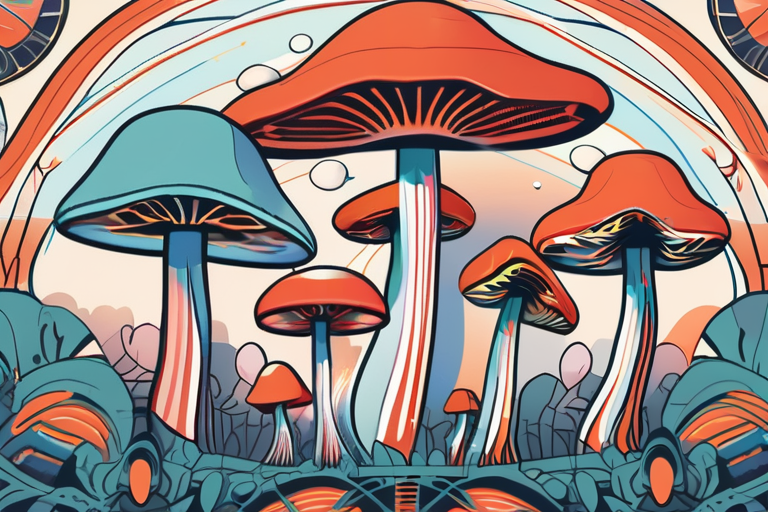

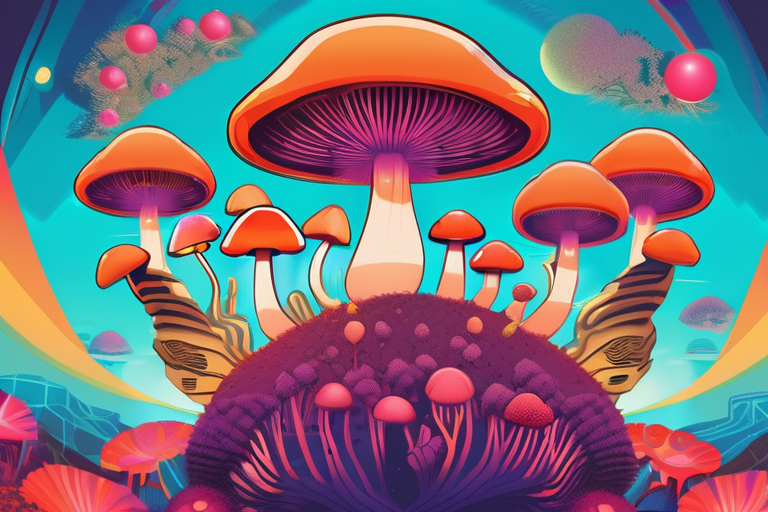
 Hoppi
Hoppi
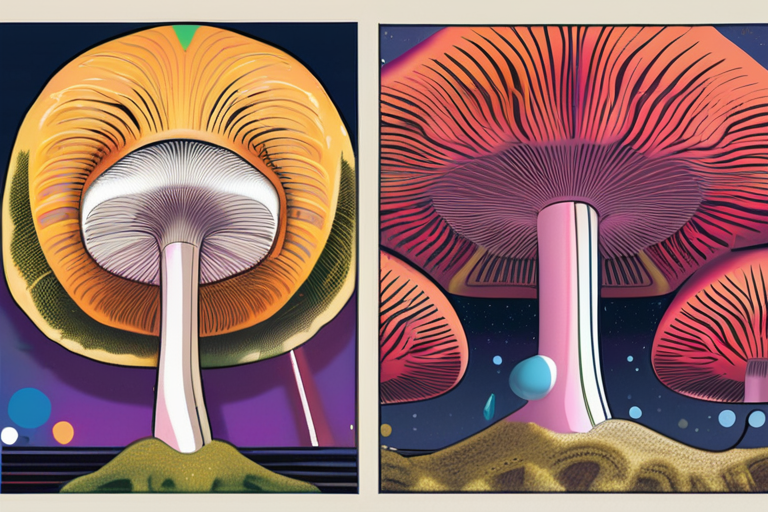
 Hoppi
Hoppi
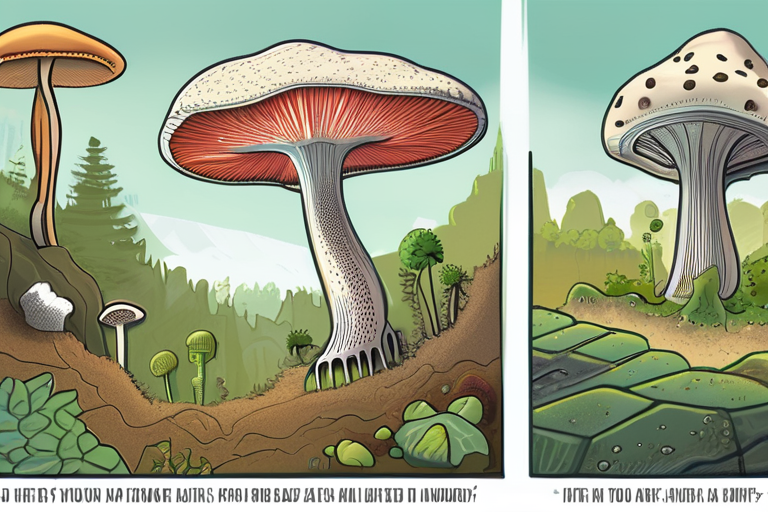
 Hoppi
Hoppi

 Hoppi
Hoppi
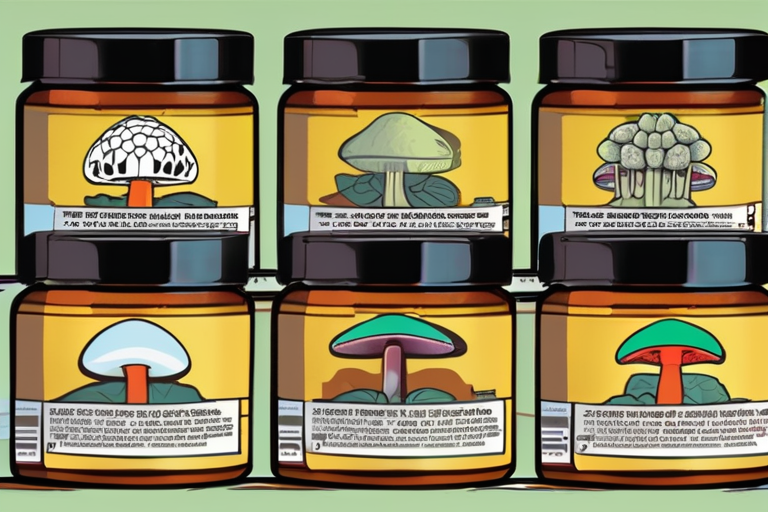
 Hoppi
Hoppi
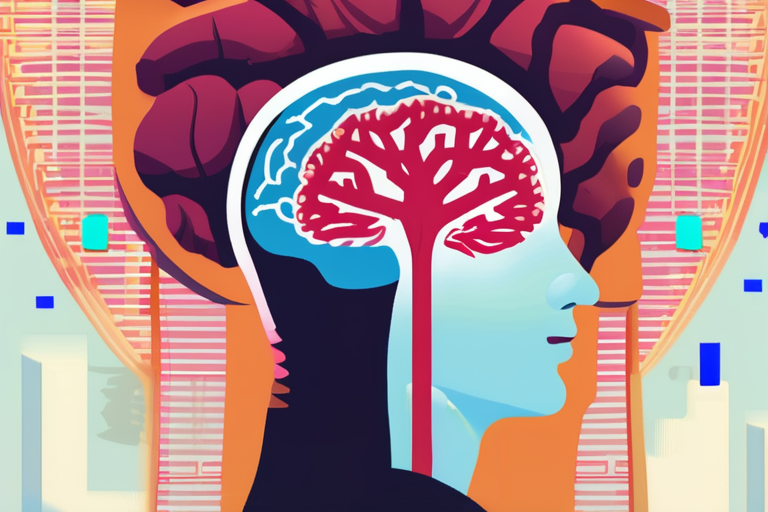
 Hoppi
Hoppi











